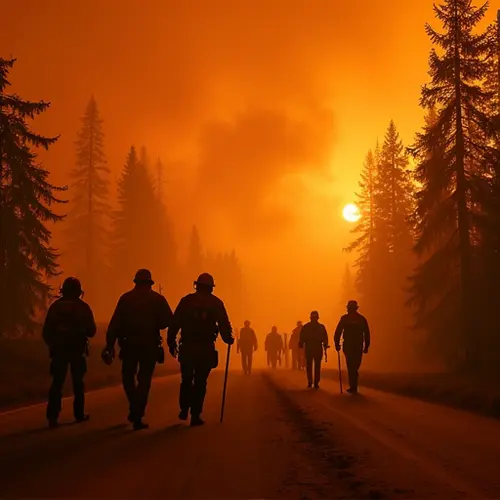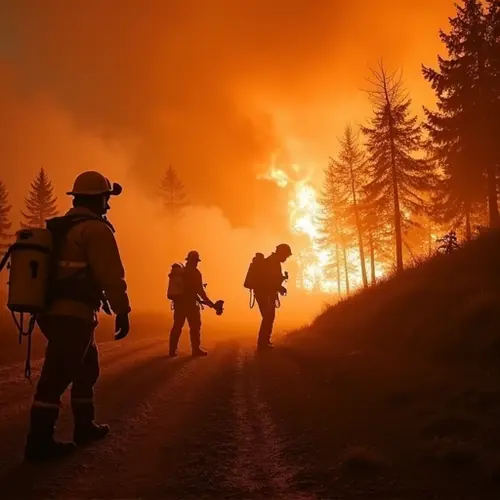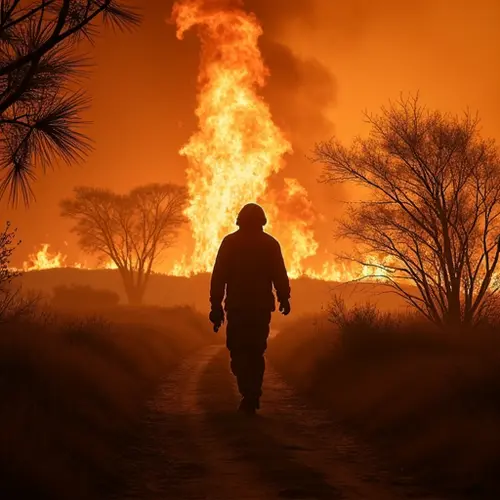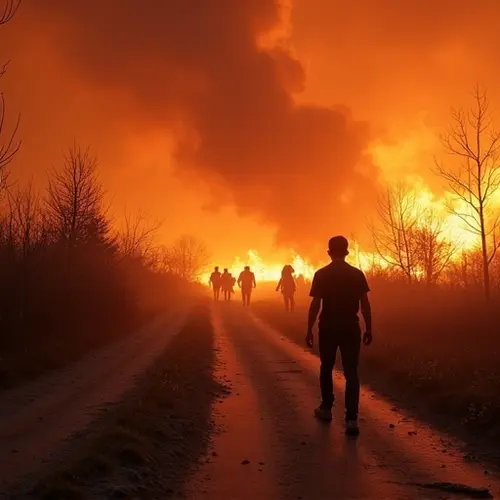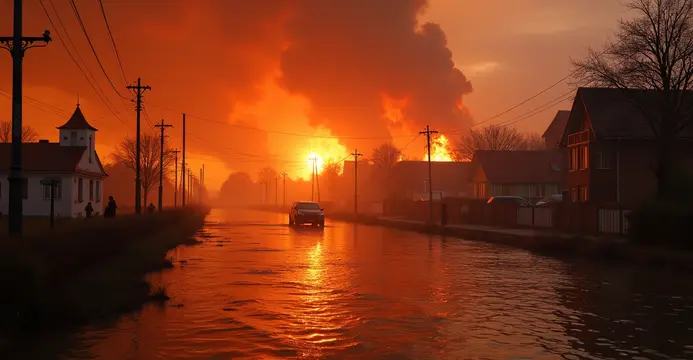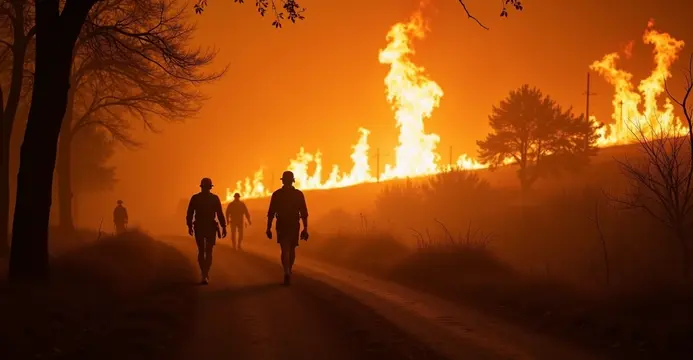
Southern France Devastated by Historic Wildfires
French Prime Minister François Bayrou has declared the wildfires raging through southern France as "a disaster of unprecedented scale." Since yesterday, the fires have consumed over 16,000 hectares - an area equivalent to the island of Texel - with flames continuing to spread uncontrollably.
Climate Change Connection
Bayrou explicitly linked the catastrophe to climate change during his visit to Saint-Laurent-de-la-Cabrerisse, one of the hardest-hit villages. "Climate change is making itself felt and causing unprecedented events," he stated. France's national wildfire expert confirmed this is potentially "the largest fire recorded in France in fifty years," noting the exceptional speed and scale of the blaze.
Casualties and Damage
The fires have claimed at least one life - a woman who refused evacuation orders. Three people remain missing, while thirteen others are injured, including eleven firefighters. The inferno has destroyed dozens of homes and forty vehicles, with Saint-Laurent-de-la-Cabrerisse suffering severe damage.
Massive Firefighting Operation
Over 2,000 firefighters, 600 fire trucks, and 12 aircraft are battling the flames, but Interior Minister Retailleau admits resources are insufficient. Extreme weather conditions and tinder-dry vegetation are accelerating the fire's spread. While France hasn't yet requested EU assistance, Spain and Italy stand ready to help.
Drought Crisis Fuels Flames
The Aude department had already declared a "drought crisis" before the fires began. Bayrou suggested the blaze started from "roadside activities," though specifics weren't provided. The Minister of Ecological Transition confirmed the region's extreme dryness and dehydrated vegetation created ideal fire conditions.
Climate Change Impact on Wildfires
Experts warn such disasters will increase due to climate change. "Milder winters extend plant growth periods," explains Jelmer Dam of the Dutch Institute for Public Safety. "When these dry during prolonged droughts, they become abundant fuel. More ignition sources now lead to fires, with high-risk zones expanding northward across Europe."

 Nederlands
Nederlands
 English
English
 French
French
 Deutsch
Deutsch
 Espaniol
Espaniol
 Portugese
Portugese




